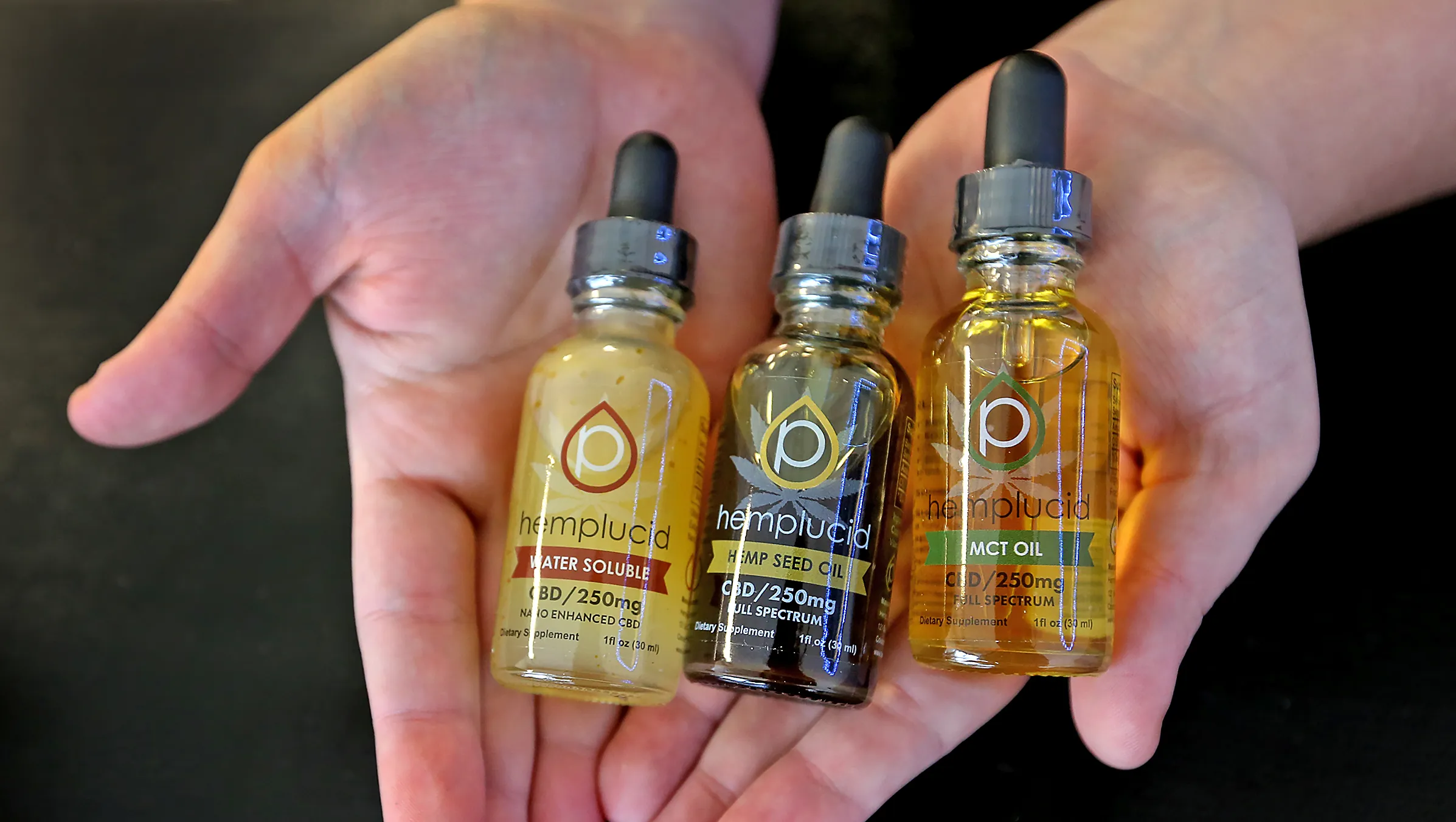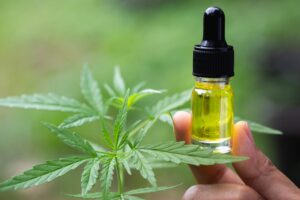Introduction
Shipping CBD oil across state lines can be a complex and legally sensitive process due to varying regulations and guidelines at both the federal and state levels. Cannabidiol (CBD) is a compound derived from the cannabis plant and is known for its potential therapeutic benefits. However, its legal status and shipping regulations are subject to ongoing changes and interpretations. In this comprehensive guide, we will explore the key considerations, legal framework, and practical steps involved in shipping CBD oil across state lines.
Understanding CBD and its Legal Status
CBD is one of over a hundred cannabinoids found in cannabis plants. Unlike its counterpart, tetrahydrocannabinol (THC), CBD does not have psychoactive properties. The legal status of CBD in the United States is primarily determined by its source and the amount of THC it contains. The 2018 Farm Bill, officially known as the Agriculture Improvement Act of 2018, played a significant role in clarifying the legal status of hemp-derived CBD.
According to the Farm Bill, hemp is defined as cannabis with a THC content of 0.3% or lower by dry weight. CBD derived from hemp is no longer considered a controlled substance under federal law. This means that CBD oil sourced from hemp is generally legal at the federal level, allowing for its transportation across state lines. However, there are still important nuances to consider, as states have the authority to implement their own regulations.
Navigating State Laws and Regulations
While federal law permits the transportation of hemp-derived CBD oil across state lines, state laws can vary significantly. It is crucial to research and understand the specific regulations in both the state of origin and the destination state before attempting to ship CBD oil. Some states have embraced hemp-derived CBD and allow its sale and distribution, while others have stricter regulations or outright bans.
Some states require CBD products to be manufactured and tested according to specific standards, with clear labeling of ingredients and potency. Others might impose restrictions on the types of CBD products that can be sold or demand that retailers obtain certain licenses or permits. To ensure compliance, it’s essential to consult official state resources or legal experts who are well-versed in the evolving CBD landscape.
Labelling and Packaging Requirements
When shipping CBD oil across state lines, adhering to proper labeling and packaging requirements is essential to avoid legal complications. Clear and accurate labeling helps consumers understand the product and its contents, and it also demonstrates compliance with regulations. While specific requirements can vary, common elements of CBD product labeling often include
- CBD Content: Clearly state the amount of CBD in the product, usually in milligrams.
- THC Content: Include the THC content, ensuring it falls below the legal limit of 0.3%.
- Ingredients List: Provide a list of all ingredients used in the product.
- Batch or Lot Number: Assign a unique identifier to each batch for traceability.
- Directions for Use: Provide clear instructions on how to use the product.
- Manufacturer Information: Include the name and contact information of the manufacturer or distributor.
- Third-Party Testing: If applicable, mention tat the product has been tested by a third-party laboratory for quality and potency.
- Disclaimer: State that the product is not intended to diagnose, treat, cure, or prevent any disease.
- Additionally, proper packaging should be used to protect the CBD oil from contamination and damage during transit. Securely seal the product to prevent leakage and ensure that the packaging is tamper-evident.
Selecting a Reputable Shipping Carrier
Choosing a reputable shipping carrier is crucial when sending CBD oil across state lines. Some carriers have specific guidelines and restrictions regarding the transportation of CBD products, and they may require proper documentation to prove the legality of the shipment. It’s advisable to communicate directly with the carrier’s customer service to understand their policies and requirements.
Working with a carrier experienced in shipping CBD products can help streamline the process and reduce the risk of delays or complications. Additionally, carriers with established procedures for verifying the legality of CBD shipments can offer greater peace of mind.
Documentation and Compliance
To facilitate the shipping of CBD oil across state lines, it’s important to have the necessary documentation readily available. This may include:
Certificates of Analysis (COAs)
These documents from third-party labs provide detailed information about the CBD product’s cannabinoid content, including CBD and THC levels.
Hemp Farming License
- If applicable, provide a copy of the hemp farming license or documentation that confirms the hemp’s legal origin.
- Lab Reports: Include any relevant lab reports that demonstrate the quality and potency of the CBD oil.
- Bill of Sale: Provide a bill of sale or invoice that outlines the transaction details.
- Shipping Manifest: Create a shipping manifest that accurately describes the contents of the shipment.
- Having these documents readily available can help address any concerns from shipping carriers, authorities, or customers regarding the legality and quality of the CBD product.
Legal Challenges and Ongoing Changes
Despite the progress made in clarifying the legal status of hemp-derived CBD, the landscape continues to evolve. Changes in federal and state regulations, legal interpretations, and court decisions can impact the ability to ship CBD oil across state lines. Staying informed about the latest developments in CBD law and regulations is crucial for businesses and individuals engaged in the CBD industry.
Conclusion
Shipping CBD oil across state lines requires a thorough understanding of federal and state regulations, as well as careful consideration of packaging, labeling, documentation, and carrier selection. While federal law permits the transportation of hemp-derived CBD oil, it’s essential to remain aware of the specific regulations in both the originating and destination states to ensure compliance and avoid legal issues. As the CBD industry continues to evolve, staying informed about changes in laws and regulations is key to successfully navigating the complex landscape of shipping CBD oil across state lines. Consulting legal experts and industry professionals can provide valuable guidance to ensure a smooth and legally compliant shipping process.



